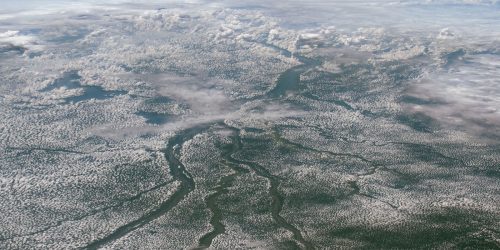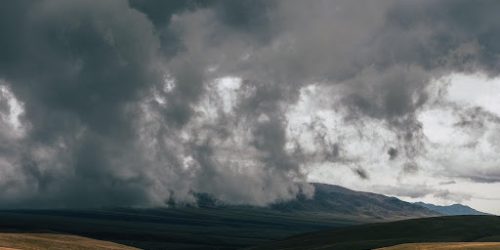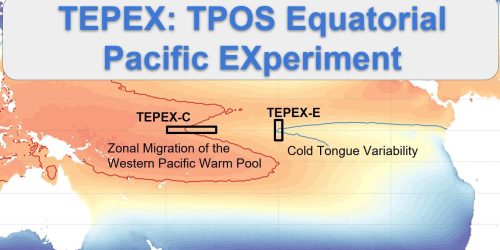The 5th National Climate Assessment (NCA5) was released on November 14, 2023. NCA5 is the authoritative source of information related to climate change risks, impacts, and responses in the U.S. The NCA was mandated by the Global Change Research Act of 1990 and is produced by the U.S. Global Change Research Program (USGCRP) about every 4 years. The report includes chapters on physical science, national-level sectors (e.g., energy, water, agriculture, transportation, health, etc.), regional impacts, and responses (mitigation and adaptation). The NCA is policy-neutral, aiming to inform decisions, not recommend or advocate for policies. NCA5 was written by over 700 authors and contributors across the U.S. and went through multiple rounds of review.
Key Takeaways from NCA5 include:
• The U.S. is taking action on climate change.
• People in the U.S. are experiencing increased risks from extreme events.
• Climate change exacerbates social inequities.
• Available mitigation strategies can deliver substantial emissions reductions, but additional options are needed to reach net zero.
• Climate action is an opportunity to create a more resilient and just nation.
SCIPP Co-PIs Darrian Bertrand and Sascha Petersen are authors on the Southern Great Plains chapter (Ch. 26) of NCA5, led by Dr. Renee McPherson, a SCIPP Investigator. SCIPP’s Dr. Lauren Mullenbach and Dr. Mark Shafer were also contributors to the chapter. This chapter covers Kansas, Oklahoma, and Texas and assesses how climate change impacts how we live, work, and play in the region. Read the University of Oklahoma’s press release here. The Southeast chapter (Ch. 22) covers Arkansas and Louisiana in the SCIPP region, and describes how climate change affects human health, economic security, and agriculture. Both chapters include information about the disproportionate climate change impacts on under-resourced and overburdened communities and provide examples of actions taken by communities to adapt to climate change and increase resilience.
Read the University of Oklahoma’s press release here »
For more information, contact Caylah Cruickshank.










